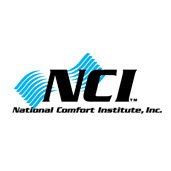Why You Need To Get A Home Energy Evaluation
- By Admin
- •
- 06 Aug, 2018
- •
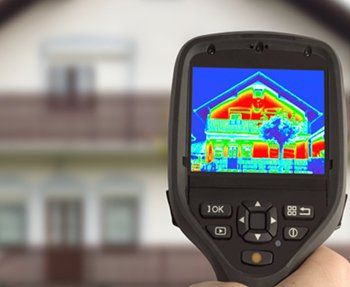
If you have not had a home energy evaluation, it’s high time you have one. Getting your home evaluated is necessary to find out where you should focus on making improvements that will make your home more energy efficient. Without a home energy evaluation, you may find yourself with rising energy costs that you don’t know how to address.
What Goes Into A Home Energy Evaluation
A home energy audit, as it is often called, is usually done by professionals who can assess why your home is using up more energy than it should. This often begins with a thorough inspection of your home, analyzing your energy bills, and an assessment of your heating and cooling systems. This diagnosis of your home will include the evaluation of your insulation, the state of your heater or air conditioner, and your ductwork, among other things.
All of these items are taken into consideration when a home energy audit is performed. Once all the factors are reviewed, recommendations are made to help make your home more energy efficient. Some of the recommendations you can expect from an energy evaluation include:
All of these items are taken into consideration when a home energy audit is performed. Once all the factors are reviewed, recommendations are made to help make your home more energy efficient. Some of the recommendations you can expect from an energy evaluation include:
- Cleaning your ducts
- Air Sealing
- Replacing doors and windows
- Replacing HVAC systems with better ones
Benefits Of A Home Energy Evaluation
Once you have your home assessed for energy efficiency and you follow the recommendations from your home energy specialist, you will experience the following benefits:
If you want to make your home in Saint Clair and Macomb County, MI more energy efficient and cost effective, the first step is to contact Tony’s Heating & Cooling for a home energy evaluation. Once this is done, we can also help you improve your home and make upgrades that will benefit your home comfort and your wallet.
Contact us at (586) 725-8669 so we can help you create an energy efficient home today.
- Lower energy consumption – this comes from replacing and upgrading your cooling and heating systems so they work more efficiently. Energy efficient doors, improved insulation, and improved ductwork and air sealing will prevent warm or cold air from escaping, which means you get to retain heat and cold air better without needing to crank up your AC or your heater.
- Savings on energy bills – with lower energy consumption comes lower energy bills, which can translate to 5% up to 30% off of your usual monthly energy costs.
- Helps save the environment – another benefit that comes from a home energy audit and the changes that come with it is the reduction of your carbon footprint. Since you will be using less energy, you won’t be using up too much fuel in your home. This means you will be reducing your carbon footprint on the planet, and that is a good thing for the environment.
If you want to make your home in Saint Clair and Macomb County, MI more energy efficient and cost effective, the first step is to contact Tony’s Heating & Cooling for a home energy evaluation. Once this is done, we can also help you improve your home and make upgrades that will benefit your home comfort and your wallet.
Contact us at (586) 725-8669 so we can help you create an energy efficient home today.
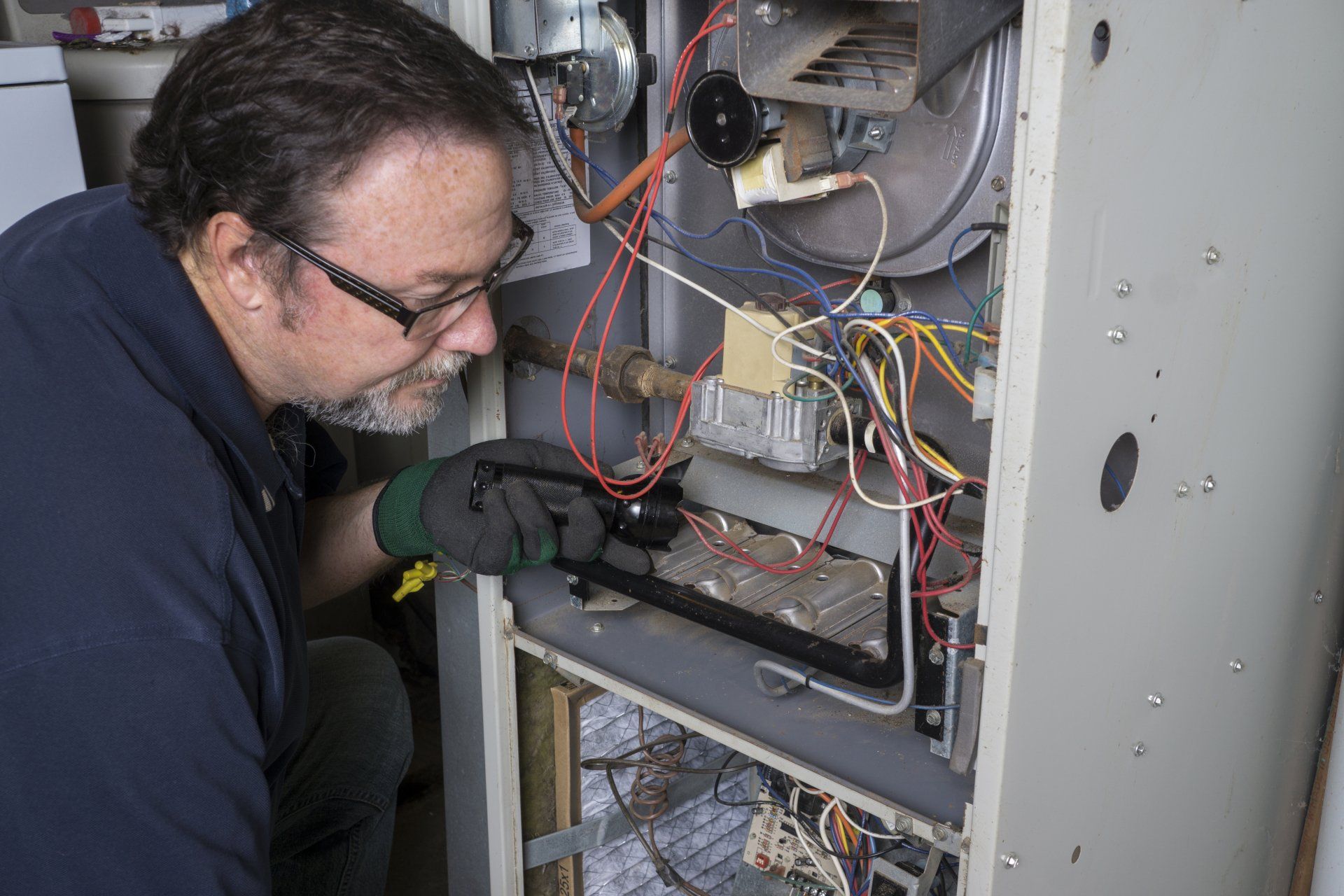
- Set your programmable
thermostat as low as is comfortable in the winter and lower the setpoint when
you're sleeping or away from home.
- Clean or replace filters on
furnaces once a month or as recommended.
- Clean warm-air registers,
baseboard heaters, and radiators as needed; make sure they're not blocked by
furniture, carpeting, or drapes.
- Eliminate trapped air from
hot-water radiators once or twice a season; if unsure about how to perform this
task, contact a professional.
- Place heat-resistant radiator
reflectors between exterior walls and the radiators.
- Turn off kitchen, bath, and
other exhaust fans within 20 minutes after you are done cooking or bathing;
when replacing exhaust fans, consider installing high-efficiency, low-noise
models.
- During winter, keep the
draperies and shades on your south-facing windows open during the day to allow
the sunlight to enter your home and closed at night to reduce the chill you may
feel from cold windows.
Heating your home uses more energy and costs more money than any other system in your home -- typically making up about 42% of your utility bill.
No matter what kind of heating system you have in your house, you can save money and increase your comfort by properly maintaining and upgrading your equipment.
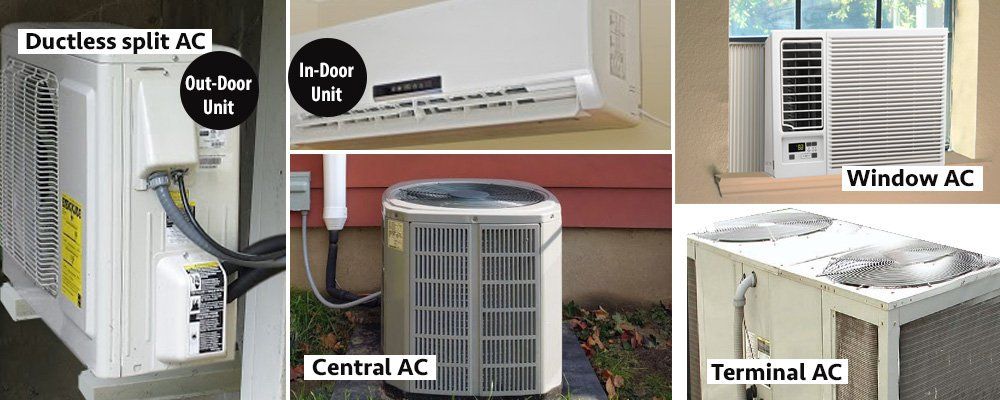
Air conditioners are still the best option if you are looking for a machine to cool your environment. Not only are ACs simple to use, but they can efficiently of shift temperatures from hot to cold. However, when it comes to buying the perfect air conditioning unit, you just can’t point and pick the fanciest system in the store. If you want to efficiently cool your indoors, you need to consider a couple of things when looking for the right AC.
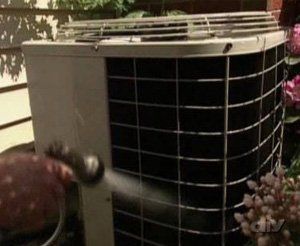
When you notice your surroundings getting warmer and your home feeling the effects, you power on your air conditioning system to keep things cool. However, it isn’t wise to use your AC for an extremely long period of time because overworking the air conditioner can cause it to malfunction much sooner.
It’s tough to balance your AC usage and home comfort but it isn’t impossible. Here are a few things you can do to ensure that you stay cool during hot summer months without overworking your AC:
It’s tough to balance your AC usage and home comfort but it isn’t impossible. Here are a few things you can do to ensure that you stay cool during hot summer months without overworking your AC:
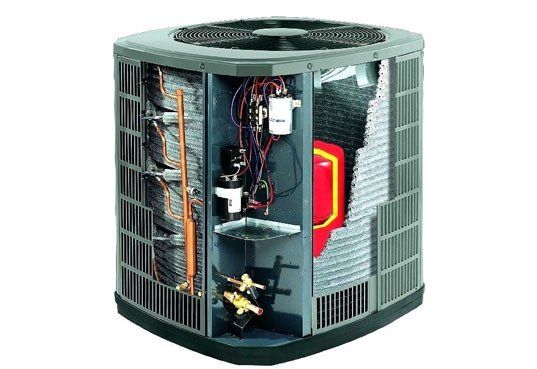
If you’re wondering how your AC turns warm air into cool air that keeps your home comfortable during warm days, then wonder no more. AC systems use refrigerants to cool the warm air that your AC takes in from your home. Also called coolants, this is what cools the air after it travels through the other parts of your air conditioning system. The cooling process happens in the evaporator and/or condenser coils of your AC system.





